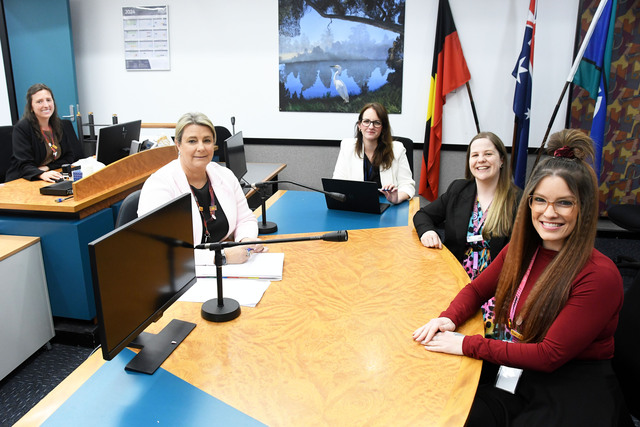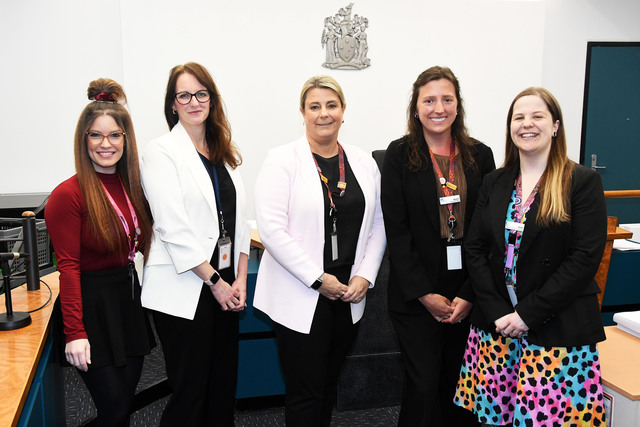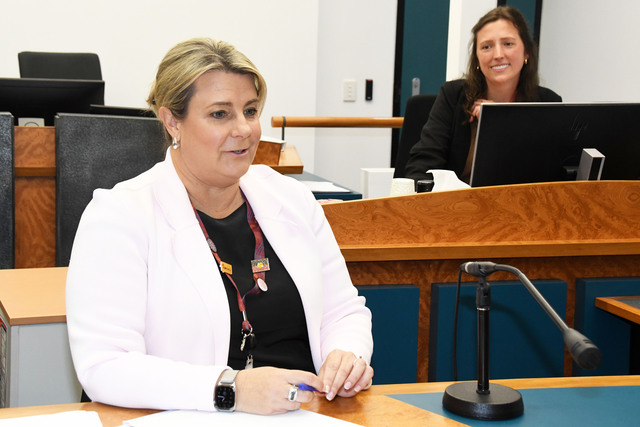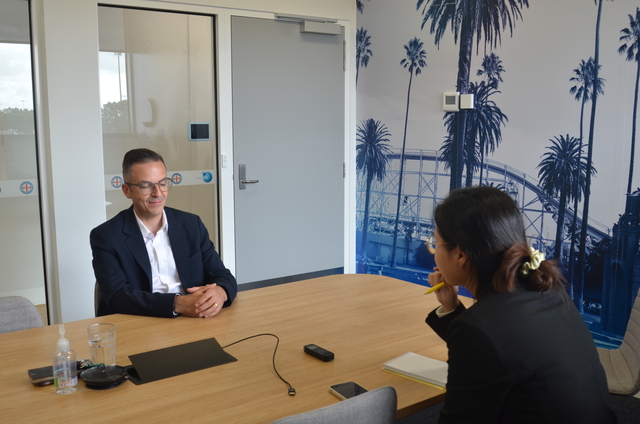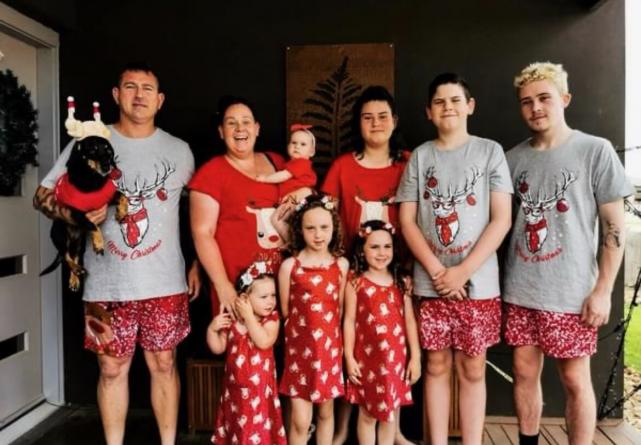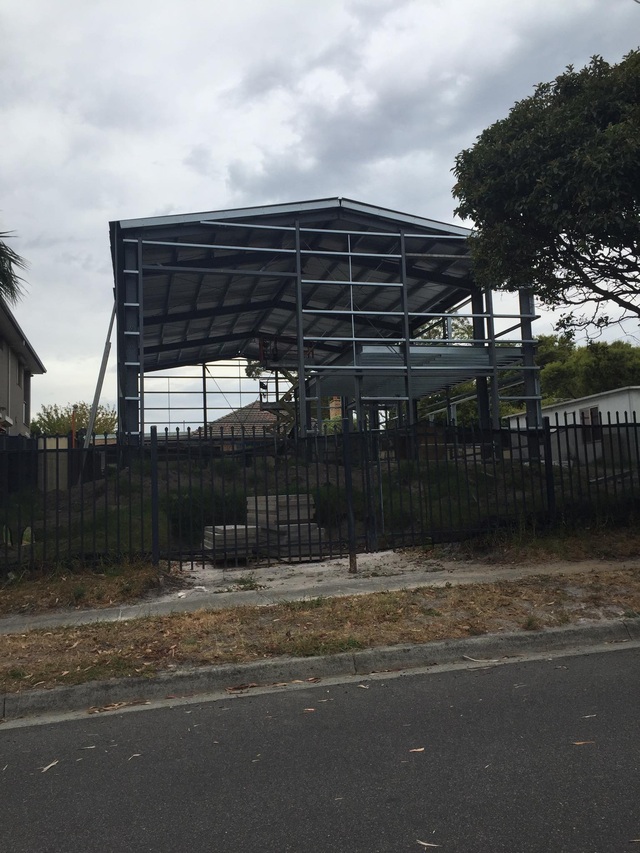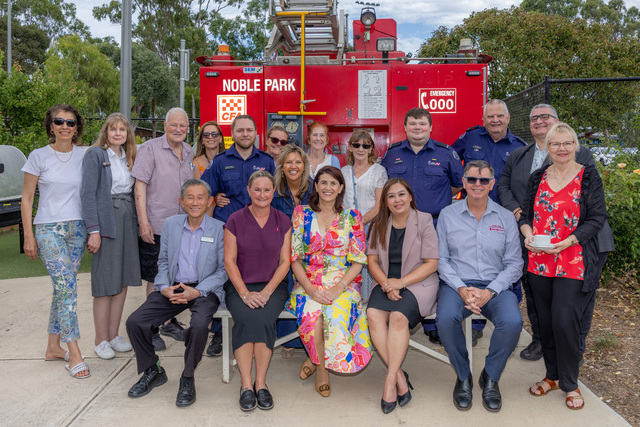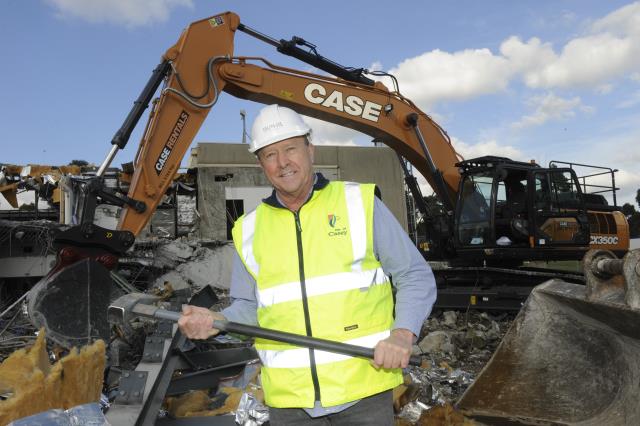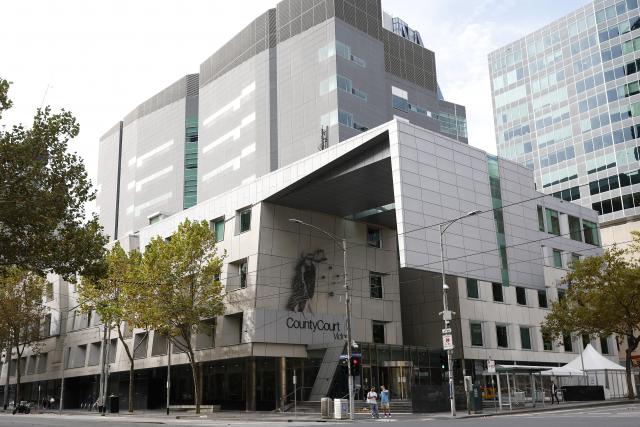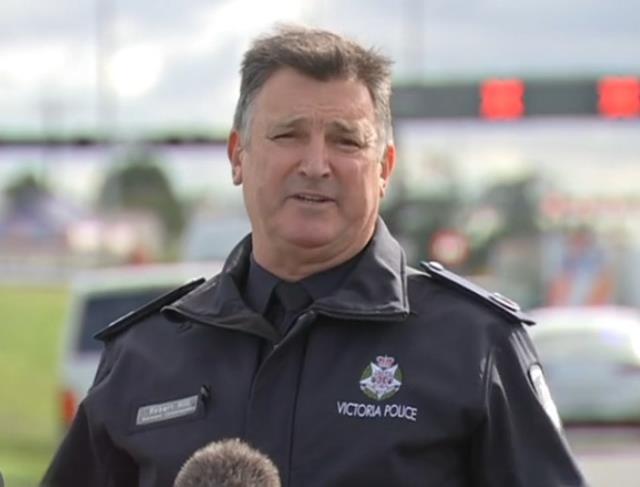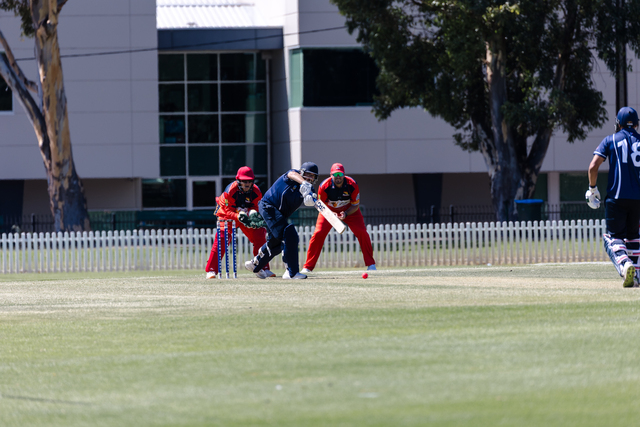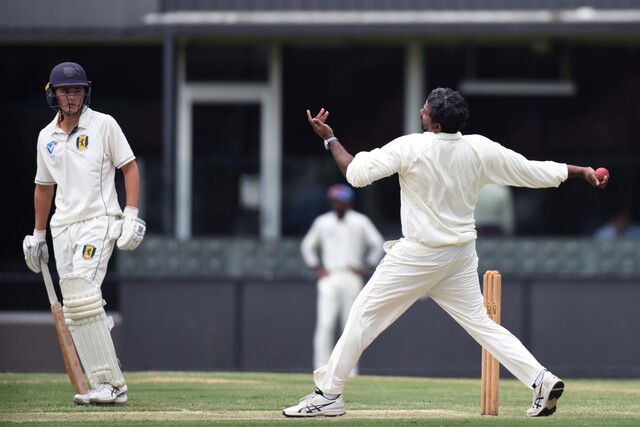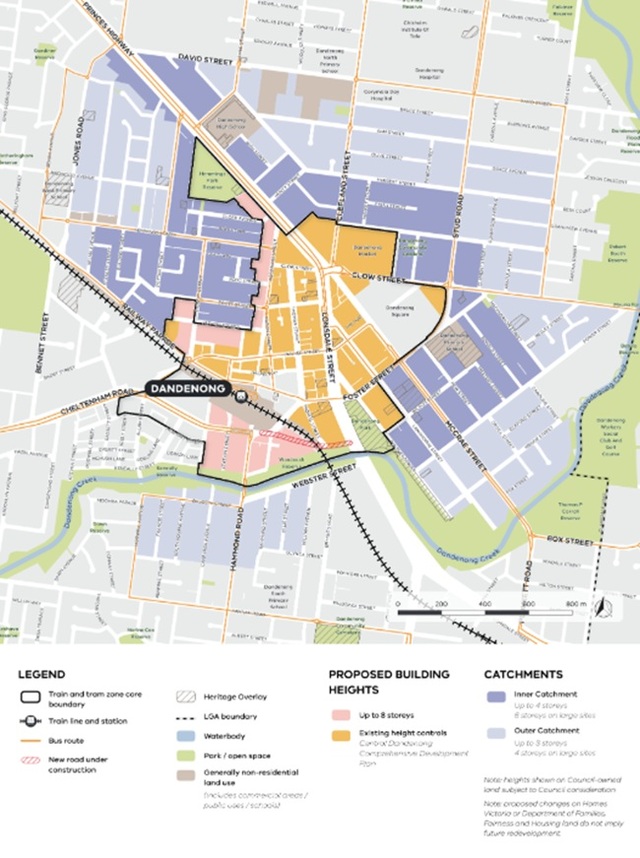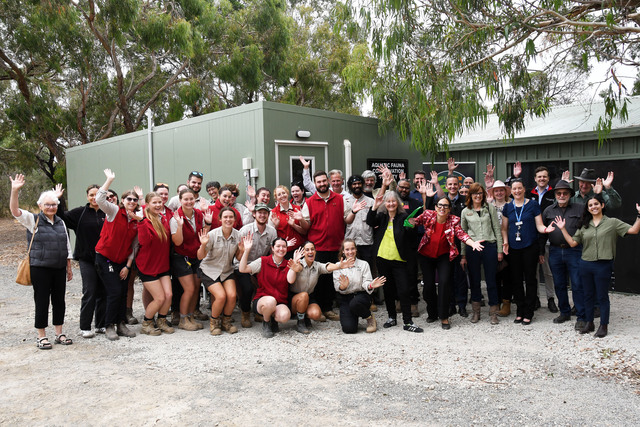A specialist court which has successfully reformed offenders with complex mental health issues and disabilities has been launched at Dandenong Magistrates’ Court.
The Assessment and Referral Court (ARC) delivers a therapeutic brand of justice.
It has been running successfully at three courts in Victoria, resulting in reduced rates of offending.
The ARC’s supervising magistrate Ros Porter says the evidence-based approach tackles the factors underlying offending.
“One of its key aims is to provide better outcomes for individuals. But it also means that we also enhance community safety.
“It’s worth noting that there’s many people who come before the court who’ve had very poor access to mental health services, and for some people coming before the court it’s the first time for them to access mental health treatment.
“Being before the (ARC) is often a very significant catalyst for us to assist individuals to get the intensive intervention that they need.”
Under ARC, the offender’s sentence is effectively deferred until the end of an intensive treatment and support program.
They are offered up to 12 months of improved access to mental health treatment and support services as well as regular court hearings and case management.
Many of the participants are linked into the National Disability Insurance Scheme as well as medical treatment, housing support and drug and alcohol treatment.
It can achieve a real turnaround in life, such as in the case of Brad (not his real name) who was charged with aggravated burglary, theft and attempted fraud.
As part of ARC, he was assessed as having an acquired brain injury (ABI) and needing support for alcohol abuse, grief and loss, and problem gambling.
It led to him being formally diagnosed with an ABI, and being referred to housing support, gambling help and drug and alcohol and mental health services.
After his involvement in ARC, he reconnected with family, did vocational training and gained part-time work. He did not reoffend.
Magistrate Porter says often ARC offenders have a very traumatic background.
“As a part of coming into ARC, we work through what the individuals’ issues are.
“And individuals identify very readily what the most important things are for them to change.”
They build strong relationships with the ARC’s multidisciplinary team.
There are monthly meetings with the same magistrate and weekly appointments with the same case manager who organises services and supports.
The ARC also has dedicated police prosecutors.
The participants are given clear goals – such as for a parent who wants to reduce drug use and achieve more stable mental health so their children are returned to their care, Magistrate Porter says.
Others gain employment, lead more pro-social lives, have better relationships with families, reduced family violence and reduced reoffending.
The Royal Commission into Victoria’s mental health system recommended expanding the ARC to all headquarter courts.
Dandenong is the fourth court to introduce ARC, followed by another five sites.
Outside of Melbourne Magistrates’ Court, Dandenong will be the only court to have all specialist courts including the Drug Court, Koori Court and family violence courts.
This allows offenders to be transferred to the most suitable court option to get the right intervention.
“The predominant issue (at ARC) is the underlying mental health concern,” Magistrate Porter says.
“It’s part of them taking responsibility for the underlying causes of their offending, with the appropriate support.”

